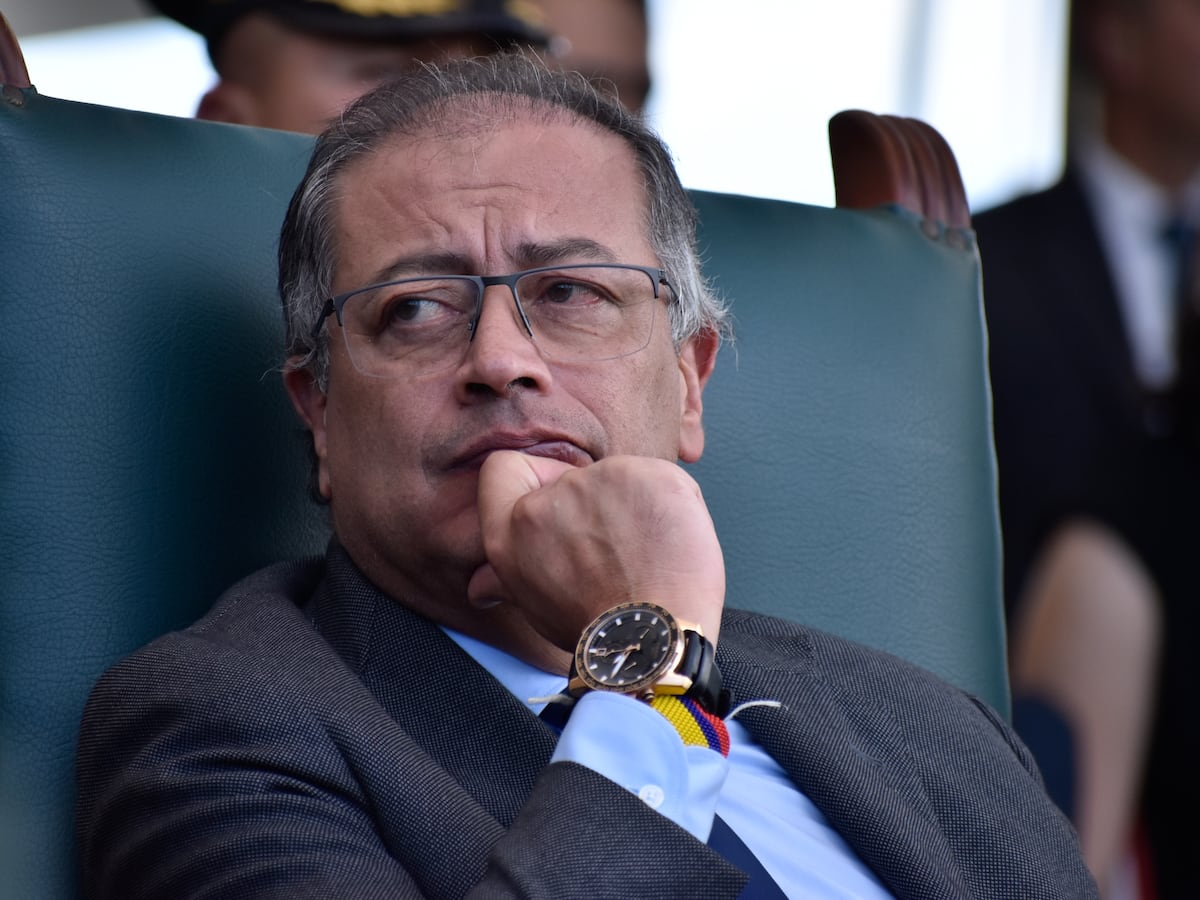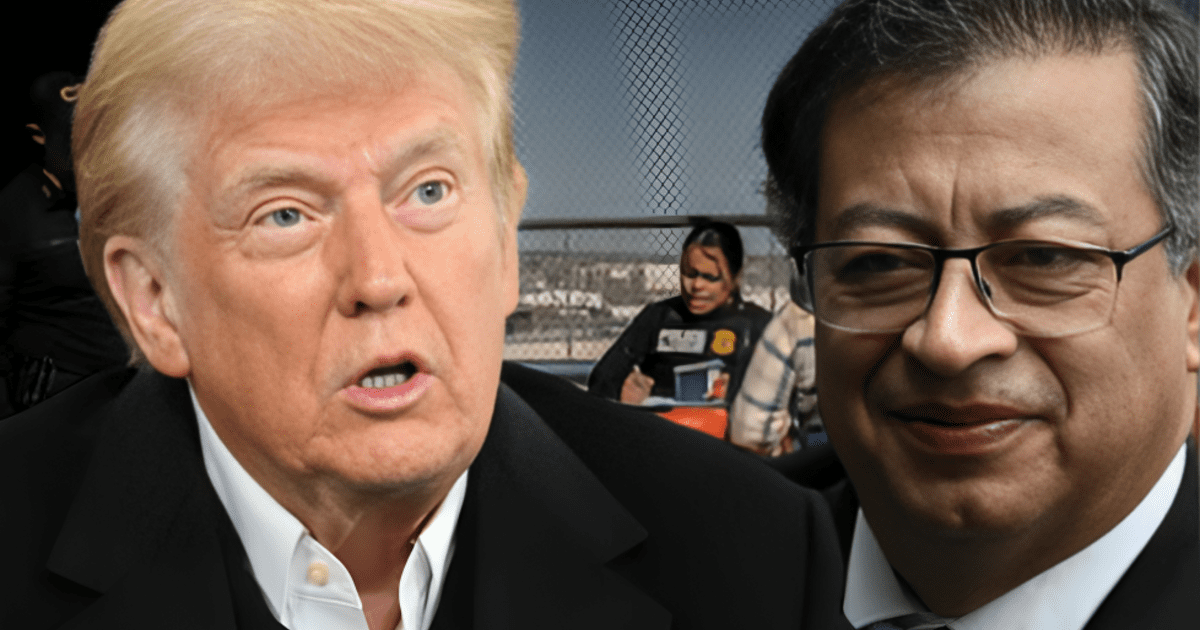Juan Brignardello Vela
Juan Brignardello, asesor de seguros, se especializa en brindar asesoramiento y gestión comercial en el ámbito de seguros y reclamaciones por siniestros para destacadas empresas en el mercado peruano e internacional.




The recent statement by the President of the United States, Donald Trump, regarding the imposition of a 25% tariff on all Colombian goods has left the political and commercial world on high alert. This decision was made following Colombia's refusal to allow the landing of two flights repatriating undocumented migrants, an action that Trump has labeled as “a disrespect.” Tensions between the two countries have notably increased since Trump's assumption of the presidency, placing immigration policies and diplomatic relations at the center of the debate. Trump's measure is not merely a change in trade tariffs; it is also accompanied by a broad package of sanctions that includes travel bans and the revocation of visas for Colombian officials and their allies. These sanctions extend to other members of the political party of Gustavo Petro, the current president of Colombia, as well as to their family members. Furthermore, stricter inspections will be implemented at customs for Colombian citizens, which could further complicate relations between the two countries. The announcement of tariffs and sanctions occurs in a context where immigration policy has been a central axis of Trump's agenda. Since his first presidency, the magnate has maintained a firm stance against undocumented migration, promising an aggressive approach to curb the arrival of migrants to the United States. With the start of his new term, he has reaffirmed his promises of mass deportation, generating concern not only in Colombia but throughout the Latin American region. For his part, Gustavo Petro has defended the dignity of Colombian migrants, arguing that these individuals are not criminals and should be treated with respect. His decision to reject the repatriation flights is based on the principle that Colombia cannot accept an undignified treatment of its citizens. This clash of ideologies has intensified the polarization between two governments that represent diametrically opposed political visions. As the situation unfolds, the Colombian government has confirmed its participation in the upcoming Extraordinary Assembly of the Community of Latin American and Caribbean States (CELAC), where issues of migration and human rights will be addressed. This forum could be an opportunity for Colombia to seek international support for its stance on managing migrants and defending their rights amid the growing tensions with the United States. The repercussions of Trump's decision will not only affect bilateral relations but will also impact the Colombian economy. The imposition of a 25% tariff, which could increase to 50% within a week, represents a significant blow to Colombian exports. This adds to the economic complications that the South American country is already facing, which has been affected by multiple internal and external crises. The announcement has generated mixed reactions, both in Colombia and the rest of Latin America. Some leaders in the region have expressed concern over the tightening of U.S. immigration policies, reminding that the migration phenomenon is a complex issue that cannot be resolved through unilateral and coercive measures. On the other hand, Trump has focused his narrative on defending U.S. interests, presenting his decisions as a way to protect his country. In response to Trump's actions, the U.S. State Department has announced the temporary suspension of visa processing and issuance in Bogotá. This decision will affect thousands of Colombians, which could further exacerbate the migration situation in the region. The pressure on the Colombian government to manage migrants within its territory is intensifying, raising questions about how the situation will be addressed in the long term. The recent controversy has also highlighted the situation of other countries in the region, such as Brazil and Mexico, which are facing their own migration crises. The use of handcuffs during deportations has been denounced by Brazil, leading to a broader debate on human rights in the repatriation process. Meanwhile, Mexico has promised a comprehensive strategy to welcome its deported citizens, highlighting the need for a more humanitarian and less punitive approach. As tensions between the United States and Colombia continue, the future of diplomatic relations between the two countries appears uncertain. The possibility of an escalation in economic and political reprisals poses a significant challenge not only for the leaders of both nations but also for the migrants and citizens affected by these decisions. In this intricate landscape, the defense of human rights and the dignified treatment of migrants remain crucial issues that require attention and effective action.




